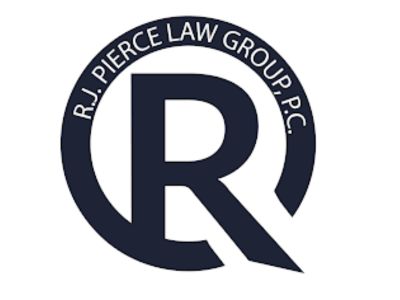Vans has settled its lawsuit against Brooklyn-based art collective MSCHF, bringing an end to the dispute over MSCHF’s ‘Wavy Baby’ shoes, a distorted parody of Vans’ iconic Old Skool design. As part of the settlement, MSCHF agreed to permanently stop selling the shoes and using Vans’ trademarks. This case, which echoes the legal challenges MSCHF faced with Nike over the ‘Satan Shoes,‘ highlights the ongoing tension between artistic expression and trademark protection as courts continue to affirm the importance of preventing consumer confusion despite creative intent.
The dilemma of artistic expression in trademark law
At the intersection of art and commerce, a recurring dilemma is the tension between artistic expression and trademark law. Artists often push boundaries, using popular brands as mediums for their creative messages. However, when these creations involve trademarked elements, the lines between parody, commentary, and infringement can blur. This tension was at the heart of the legal battle between Vans and MSCHF, a case that highlights the challenges artists face when navigating the complex terrain of trademark law.
The myth of parody as a trademark shield
A common misconception is that parody always protects an artist from trademark infringement claims. The recent Vans v. MSCHF dispute dispelled this myth, echoing the principles laid out in the Supreme Court’s decision in the Jack Daniel’s Properties, Inc. v. VIP Products LLC case. In this case, the court ruled that VIP Products’ ‘Bad Spaniels’ dog toy, which parodied Jack Daniel’s whiskey, was not automatically insulated from trademark infringement because it was humorous. The court emphasized that parody does not grant an automatic defense against trademark claims when the parodied mark is used as a trademark.
Similarly, in the Vans v. MSCHF case, the court found that MSCHF’s ‘Wavy Baby shoes were likely to confuse consumers. MSCHF argued that the shoes were a satirical statement on consumerism and not intended as functional footwear. However, the court rejected this argument, emphasizing that the potential for consumer confusion outweighed the artistic expression claim. The case serves as a reminder that while a parody can be a form of artistic expression, it is not an impenetrable shield against trademark infringement.
Dispelling the myth of humorless brand owners
Another misconception is that brand owners lack a sense of humor or an appreciation for creative expression. However, many brand owners recognize the value of humor and parody but are compelled to protect their trademarks to avoid consumer confusion and dilution of their brand identity. The Vans v. MSCHF case underscores this necessity. Vans, a brand with a rich history in skate culture, could not afford to let a distorted version of its product circulate without its control, as it could mislead consumers and harm its reputation.
That said, brand owners are not always adversarial. They often embrace creativity, as evidenced by collaborations that merge art and commerce in ways that benefit both parties. The recent collaboration between Kate Spade and Heinz Ketchup is a prime example. Kate Spade and Heinz worked together to create a limited-edition handbag inspired by the iconic ketchup bottle, blending the worlds of fashion and food in a playful and mutually beneficial partnership. Such collaborations demonstrate that brand owners can (and do) appreciate humor and creativity when it is channeled through the proper legal avenues.
Conclusion: working together with trademark expertise
The Vans v. MSCHF case serves as a cautionary tale for artists and creatives who may believe that parody offers blanket protection against trademark infringement. It underscores the importance of understanding the legal implications of using trademarked elements in artistic works. However, it also highlights the potential for brand owners and outside creatives to work together in ways that both respect trademark rights and are creatively fulfilling.
With the assistance of an experienced trademark attorney, artists and brands can navigate the complexities of trademark law, ensuring that creative expression is protected while respecting the rights of trademark owners. By exploring licensing opportunities and collaborative ventures, both parties can benefit from the synergy of art and commerce, creating works that resonate with audiences and uphold the integrity of the brand.

Written by Oscar Trejo
Lead Trademark Attorney, R.J. Pierce Law Group
You may also like…
UEFA partners with Alliance for Creativity and Entertainment to enhance global anti-piracy strategy
October 21, 2025 - The Union of European Football Associations (UEFA) has officially joined the Alliance for...
EUIPO and UANIPIO welcome the integration of Ukraine’s trademarks into TMview
The European Union Intellectual Property Office (EUIPO) and the Ukrainian National Office for Intellectual Property...
Jägermeister succeeds in opposing the EU trademark application Alten Kräuterfrau for alcoholic beverages
Mast-Jägermeister SE filed an opposition on the grounds of Article 8(1)(b) – likelihood of confusion between the signs...
Contact us to write for out Newsletter














